BU Professor Ann Brooks has been made a Fellow of the Academy of Social Sciences (FAcSS).
Ann Brooks is Professor of Sociology at Bournemouth University since January 2015. Ann has held senior positions in universities in Singapore, Australia and New Zealand and has held visiting fellowships and scholarships in Singapore and the USA. She was a Visiting Professor at the Institute of Health and Community at Plymouth University in 2014 and was previously a Senior Visiting Research Fellow at the Asia Research Institute, National University of Singapore and a Visiting Scholar in the Department of Sociology at the University of California, Berkeley. She is author of Academic Women (Open University Press, 1997); Postfeminisms: Feminism, Cultural Theory and Cultural Forms (Routledge, 1997); Gender and the Restructured University (Open University Press, 2001); Gendered Work in Asian Cities: The New Economy and Changing Labour Markets (Ashgate, 2006); Social Theory in Contemporary Asia (Routledge, 2010); Gender, Emotions and Labour Markets: Asian and Western Perspectives (Routledge, 2011) and Emotions in Transmigration: Transformation, Movement and Identity (Palgrave 2012) (with Ruth Simpson). Recent books include: Consumption, Cities and States: Comparing Singapore with Cities in Asia and the West (Anthem Press, 2014) (with Lionel Wee); Popular Culture, Global Intercultural Perspectives (Palgrave, 2014); and Emotions and Social Change: Historical and Sociological Perspectives (Routledge, New York, 2014) (edited with David Lemmings). Her latest book is: Genealogies of Emotions, Intimacies and Desire: Theories of Changes in Emotional Regimes from Medieval Society to Late Modernity (2016 Routledge, New York).
Further information on this year’s new Fellows can be found here!
Congratulations!
Prof. Edwin van Teijlingen
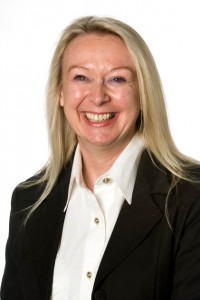
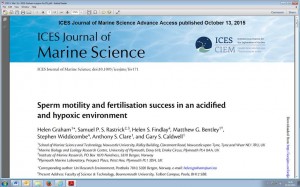
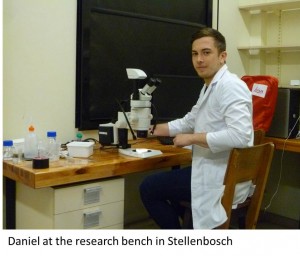
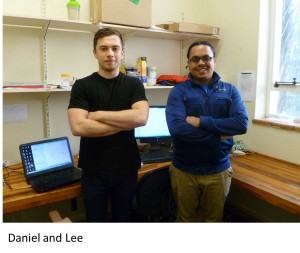
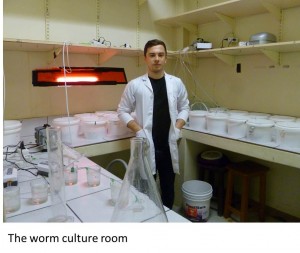
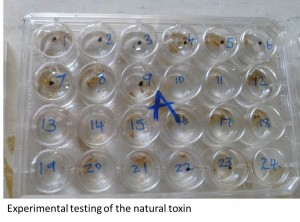

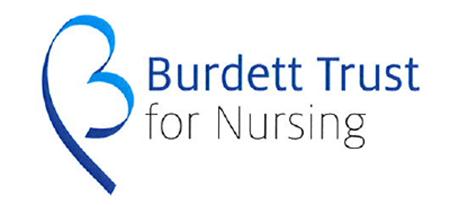
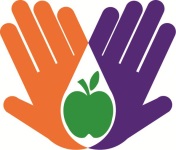
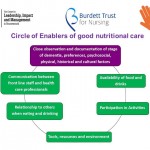
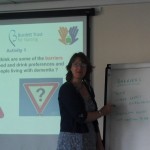









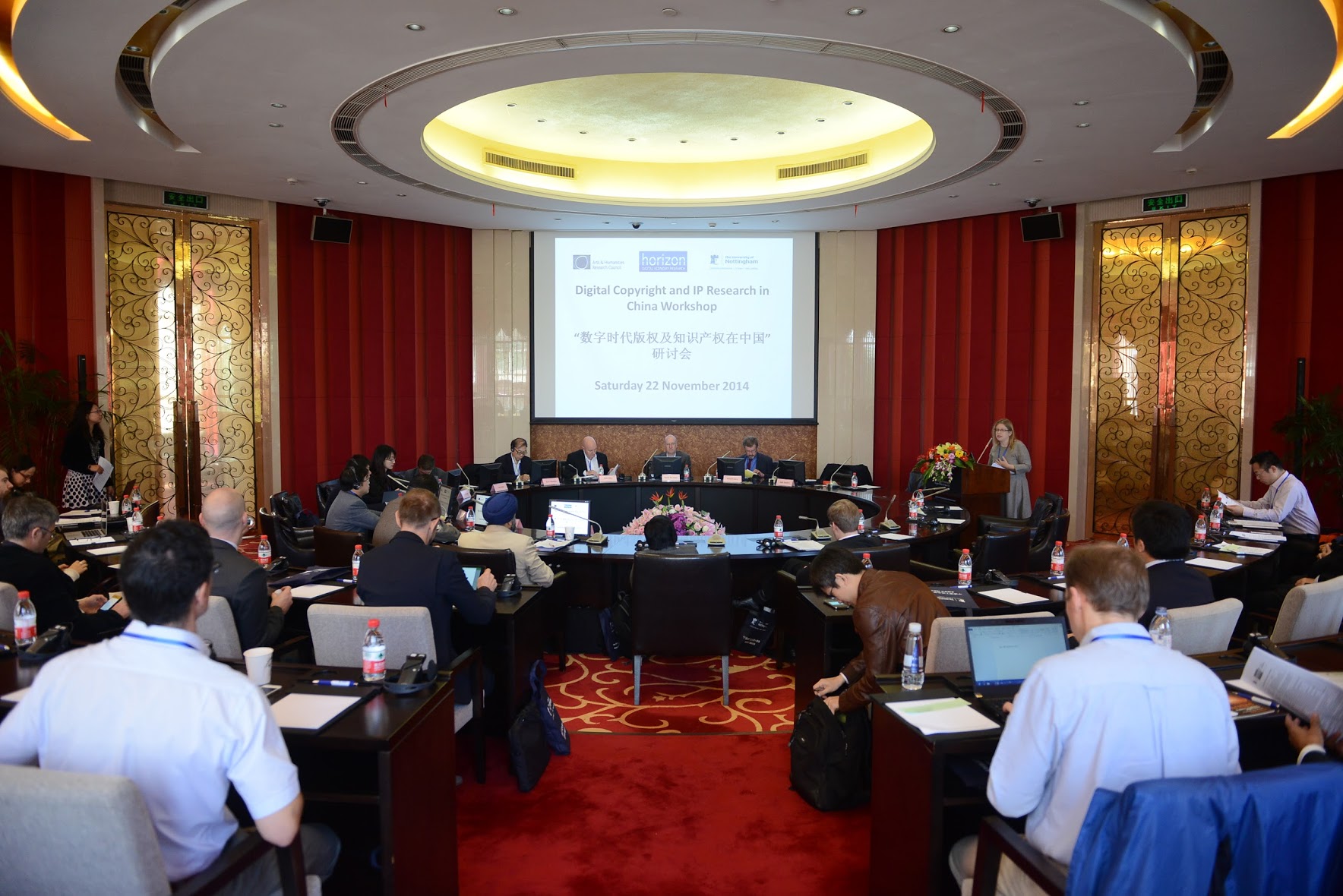

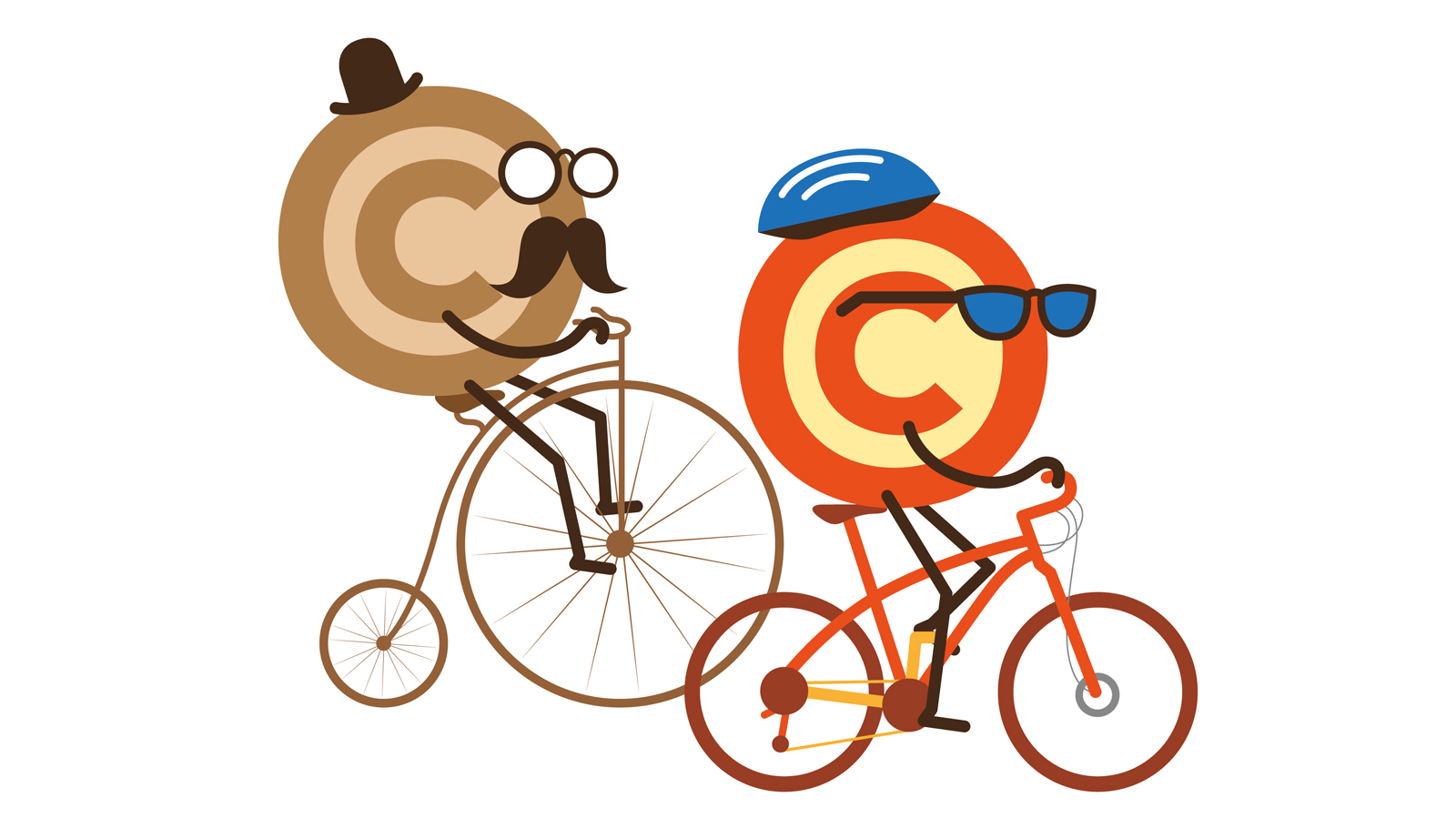











 FHSS academics teaching in Nepal
FHSS academics teaching in Nepal New weight change BU paper
New weight change BU paper One week to go! | The 16th Annual Postgraduate Research Conference
One week to go! | The 16th Annual Postgraduate Research Conference Geography and Environmental Studies academics – would you like to get more involved in preparing our next REF submission?
Geography and Environmental Studies academics – would you like to get more involved in preparing our next REF submission? Congratulations to three former BU staff
Congratulations to three former BU staff MSCA Staff Exchanges 2024 Call – internal deadline
MSCA Staff Exchanges 2024 Call – internal deadline Applications are now open for 2025 ESRC Postdoctoral Fellowships!
Applications are now open for 2025 ESRC Postdoctoral Fellowships! Horizon Europe – ERC CoG and MSCA SE webinars
Horizon Europe – ERC CoG and MSCA SE webinars MaGMap: Mass Grave Mapping
MaGMap: Mass Grave Mapping ERC grants – series of webinars
ERC grants – series of webinars